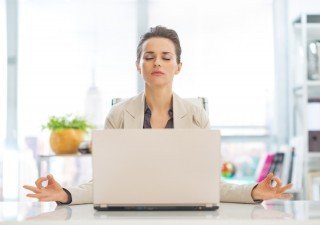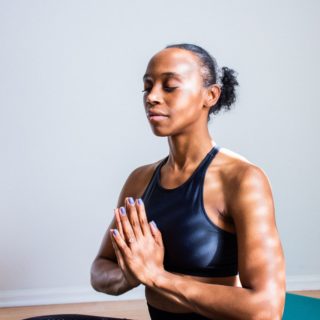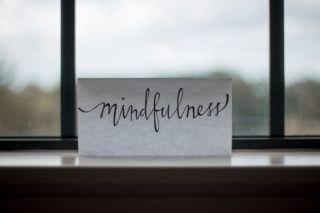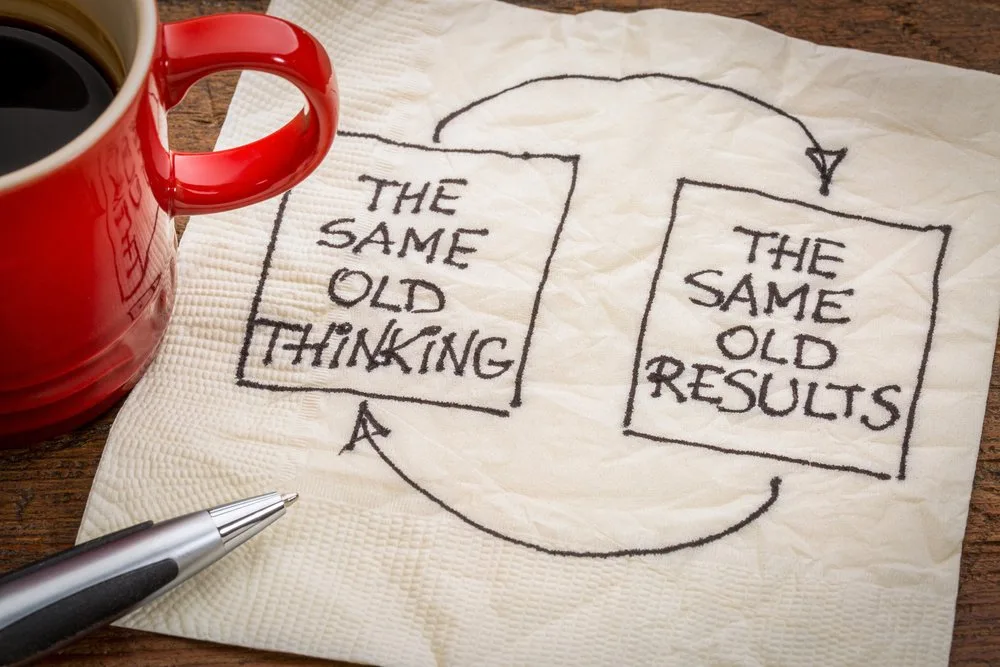Coronavirus has taken over our lives. During physical isolation, we have been confined to our homes. Even as lockdown lifts, the insecurities of a fragile economy and reduced income are playing havoc with our stress levels. Negative news, on every channel, adds to the fear and uncertainty. However, mindfulness could be a tool for coping.
Daria Rasmussen is a certified mindfulness teacher. She says that it is easy to be caught up in this fear. Especially when you see people wearing masks on the streets, standing in long queues to enter the supermarkets, and being stopped by the police. “The virus impacts not only our health but also our lives on every level, and it creates fertile ground for anxiety. Most of this anxiety and fear originates from analyzing what has happened, and worrying about what could happen in the future.”
According to Rasmussen, who also holds an MA in Sociology, mindfulness meditation can change the way we cope with the current coronavirus crisis. “A mindfulness practice allows us to train our minds to become calm by being aware of, and remaining in, our present immediate reality instead of allowing fears and scenarios to play out in our heads.”
Why is this important?
“Our minds determine the quality of our lives to a large extent. How we perceive the world and our part in it, and where we focus our attention, will influence our well-being. Without the capacity to be mindful and pay attention to what is happening in the present moment, our minds will be scattered. They can often spin us out of control through worry, especially in a crisis.”
Rasmussen advises that cultivating mindfulness can help relieve anxiety, stress and manage pain. It may boost the immune system and allow us to self-regulate our emotions. Mindfulness will also help improve cognitive function, sleep patterns, and boost compassion.
“Mindfulness is like a parachute. It represents a safe, slow, and controlled flight down. When it’s strapped to your back you feel comfortable, you can manage the turbulence with more presence and calmness. Cultivating mindfulness is far healthier than being caught up with worrying about what may or may not happen during the pandemic.”
How to practice mindfulness?
Here are some simple steps to get you started:
“Taking the first step is simpler than you think. One simple mindfulness exercise is to sit down comfortably, on the floor or on a chair, straighten your back, close your eyes and start to pay attention to your breathing – count your breaths and allow your breath to come and go naturally. Focus on the mere sensation of breathing. Count to four as you breathe in, pause, then count to five as you breathe out and keep on repeating this process.”
“Your mind will wander when you do this because that’s what our busy minds do and your attention will be drawn away as thoughts and emotions appear,” says Rasmussen. “Notice and acknowledge these thoughts and emotions, and then let them go. Use your focus on your breath to empty your mind of other thoughts and to become still.”
What if I’m doing it wrong?
Rasmussen advises that it is important to be patient and don’t strive to achieve anything special in your mindfulness meditation. “There is no good or bad, nor right or wrong way to meditate.”
 “Alternatively, instead of doing a formal seated mindfulness session, you can start practicing mindfulness in your everyday life by paying careful attention to some otherwise routine activities. For instance, your morning cup of coffee, washing your hands, waiting in line at the shop, playing with the kids, or doing your exercises on the lounge carpet.”
“Alternatively, instead of doing a formal seated mindfulness session, you can start practicing mindfulness in your everyday life by paying careful attention to some otherwise routine activities. For instance, your morning cup of coffee, washing your hands, waiting in line at the shop, playing with the kids, or doing your exercises on the lounge carpet.”
“The idea is to be completely aware of what is appearing in your mind and how this makes you feel physically. Focus on the task and observe what emotions and feelings it evokes in you. In this way, you will break out of the unconscious trance and let your mind slow down.”
Perfecting mindfulness
Mindfulness does require practice. Make it daily. Ideally, do a session once a day for 5 – 10 minutes. With time, you may gradually build up the length of time. “Because life gets in the way of our best intentions, I find it helpful to make flexible commitments for when you do daily mindfulness meditations. What would be realistic for you to do during the week? How many days? Which days? How long? What time of day?”
There are many great meditation apps on the market that can help you to start your mindfulness journeys. These include Insight Timer or Headspace. Most recommended is to join Daria Rasmussen’s free 40-minute weekly session every Wednesday at 5 pm. 
This drop-in mindfulness meditation session explores how to respond more effectively to stress, life’s ups and downs, how to connect to the present moment more effectively, and how to incorporate mindfulness into everyday activities. It offers simple techniques and tools to release stress, unwind anxiety, and grow resilience and compassion.
Who is the author?
 Daria Rasmussen and her partner founded the Bliss and Stars Retreat. It is located on the banks of the Doring River 55 km’s from Clanwilliam in the Western Cape. They offer body and mind-shifting teachings rooted in ancient Buddhist and Yoga traditions coupled with modern neuropsychology. They’re building the most advanced private astronomical observatory in South Africa on their retreat property.
Daria Rasmussen and her partner founded the Bliss and Stars Retreat. It is located on the banks of the Doring River 55 km’s from Clanwilliam in the Western Cape. They offer body and mind-shifting teachings rooted in ancient Buddhist and Yoga traditions coupled with modern neuropsychology. They’re building the most advanced private astronomical observatory in South Africa on their retreat property.



![women [longevity live]](https://longevitylive.com/wp-content/uploads/2020/01/photo-of-women-walking-down-the-street-1116984-100x100.jpg)










